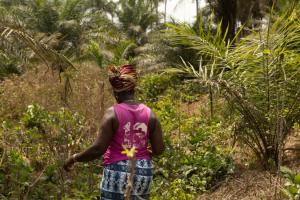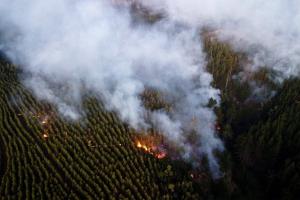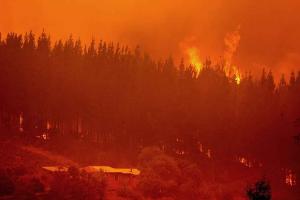Pulp and Paper
Large-scale tree monocultures to produce pulp and paper, along with the infrastructure and pulp mills that come with these plantations, have been expanding onto communities’ fertile lands. They have destroyed forests and grasslands, especially in Latin America, Asia and Southern Africa. The species used are fast-growing and not native to these countries. They include varieties of eucalyptus, acacia and pine trees.
Bulletin articles
27 June 2024
Behind every tree plantation developed for carbon offsets, there are external agents seeking to profit from increased control over the land. And while they all have the same colonial approach, these plantations can vary widely: they can be large-scale monocultures or schemes with smallholder farmers; they can include exotic species or native species; and some of them may even exist on paper only.
Bulletin articles
19 December 2023
For decades, Mapuche communities have been resisting the impacts of a forestry model based on large-scale monoculture plantations. In this interveiw, Pablo Reyes Huenchumán, spokesperson for the Paillakawe community, explains how they organize, and what the main challenges are in the struggle to recover their territory and maintain their culture.
Other information
30 March 2023
In early 2023, Chile once again experienced megafires which caused devastating damage to affected regions.
Other information
16 June 2022
A documentary produced by the audiovisual collective, Ojo de Treile, shows how industrial monoculture plantations in southern Chile have been causing mega-droughts and voracious forest fires.
Other information
30 September 2019
Other information
5 May 2011
Other information
1 August 2006
Other information
1 August 2006
Bulletin articles
26 December 2004





